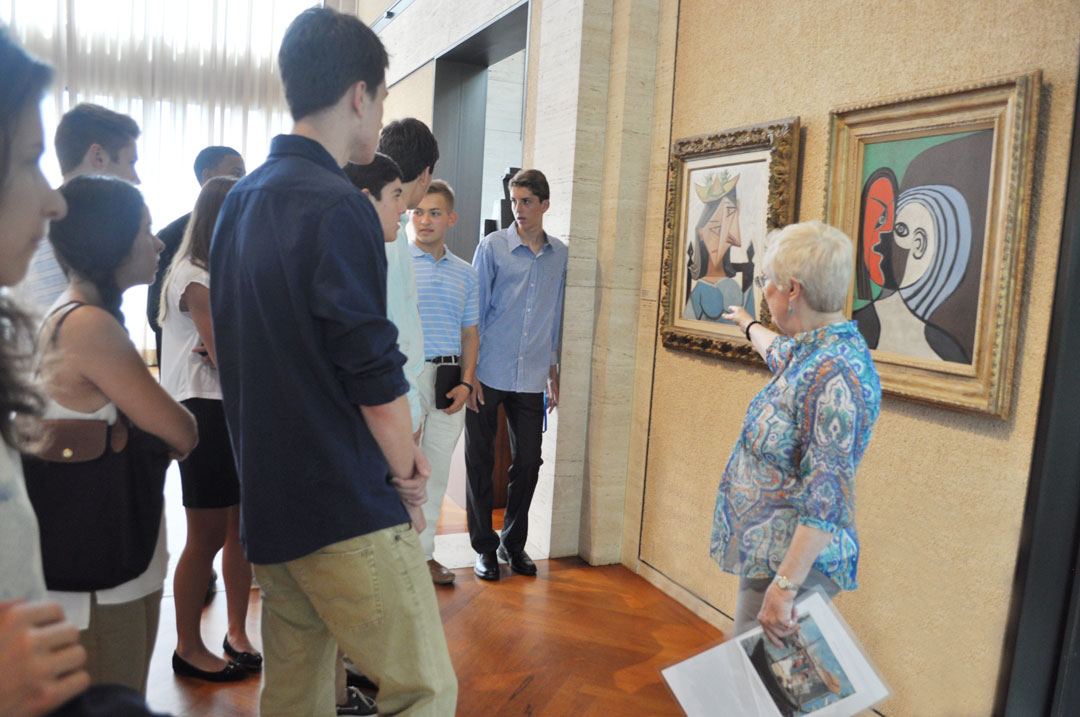History & Humanities
Image

GW draws on Washington, D.C.’s deep historical roots to provide culturally-rich courses in history and the humanities.
Course topics include foreign languages, philosophy, world history, religion, leadership and more.
On-campus and online courses are available for credit, while our noncredit offerings focus on experiential learning environments, connecting students with large institutions and experts in their respective fields.
All course offerings are subject to cancellation. College Intensive Listings are from Summer 2020. Summer 2021 listings will be updated in the coming months.

